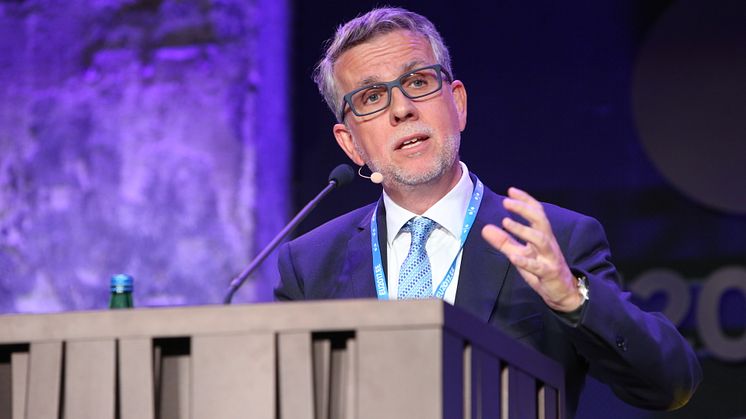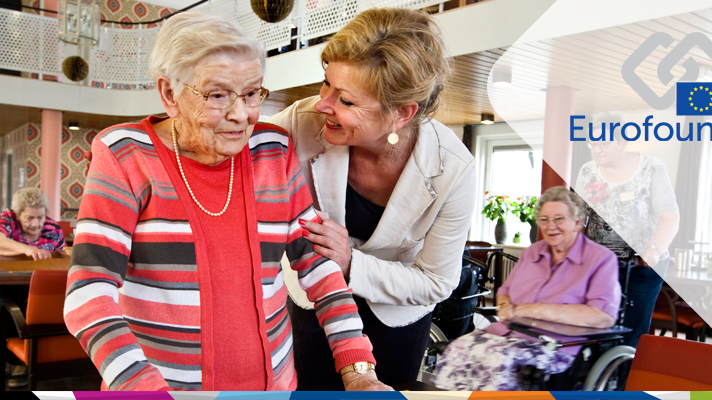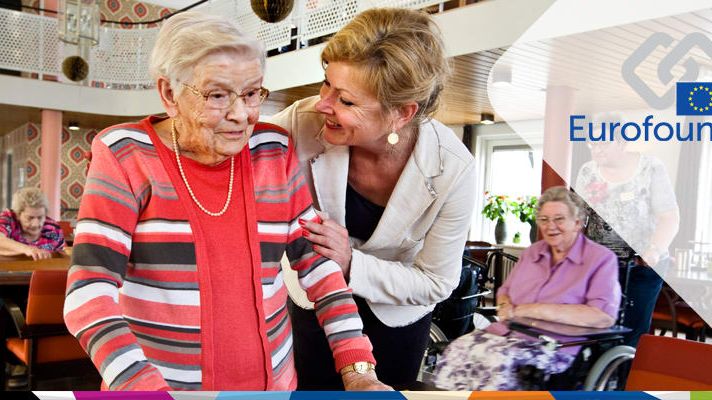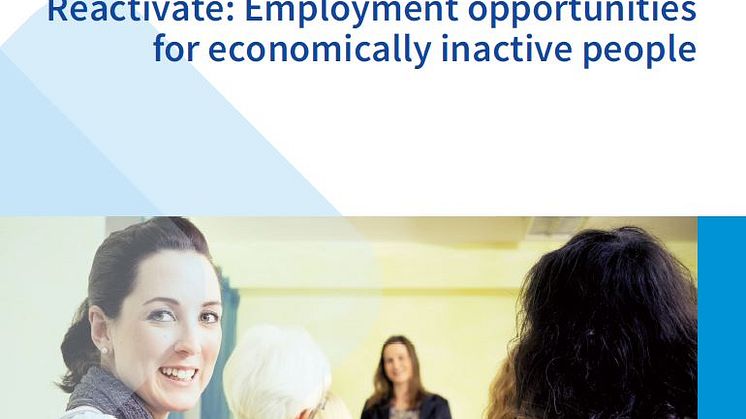Europa – een van de beste plekken ter wereld om te wonen en te werken?
De Europese enquête over de levenskwaliteit van Eurofound geeft een uniek inzicht in de huidige levenskwaliteit van Europeanen.

De Europese enquête over de levenskwaliteit van Eurofound geeft een uniek inzicht in de huidige levenskwaliteit van Europeanen.

L’Indagine europea sulla qualità della vita (EQLS) di Eurofound fornisce una visione unica sull’attuale qualità della vita dei cittadini europei.

La encuesta europea sobre calidad de vida de Eurofound proporciona una visión única acerca de la calidad de vida actual de los europeos.

Die von Eurofound durchgeführte Europäische Erhebung zur Lebensqualität bietet einzigartige Einblicke in die aktuelle Lebensqualität der Europäer.

Les résultats de la dernière enquête européenne sur la qualité de vie font état de progrès généraux dans les domaines de la qualité de la vie, de la qualité de la société et de la qualité des services publics.

The results from the most recent European Quality of Life Survey show overall progress in the areas of quality of life, quality of society and quality of public services. We have seen improvements for many, although from low points following the economic crisis.

Results from Eurofound’s 2016 European Quality of Life Survey (EQLS) show general progress in the three key areas - quality of life, quality of society and quality of public services. Nevertheless, there remain signs of persisting inequalities and rising uncertainties in some areas with particular differences apparent between countries, gender, age and income groups.

Eurofound’s new report Care homes for older Europeans: Public, private and not-for-profit providers is the most comprehensive exercise to date to gather all available data across Member States. The report provides a picture of the quality, accessibility and efficiency of services.

Eurofound will launch its new report on care homes for older Europeans at a special event on Tuesday 28 November 2017 in Europe House, Dublin.

Unemployment in the EU continues to fall, however more than one in four of the EU’s working-age population are economically inactive; meaning they are not working, and are not seeking work or are not available for work.

20 October is European Statistics Day, an initiative of the European Statistical Advisory Committee (ESAC) and with the support of the members of the European Statistical System and the European System of Central Banks.

In this blog piece, originally published in Social Europe, Eurofound Research Manager Daphne Nathalie Ahrendt looks at the increase in the number of workers that are at risk of poverty and are materially deprived following the 2008 economic and financial crisis, and evaluates the potential social ramifications for Europe.
